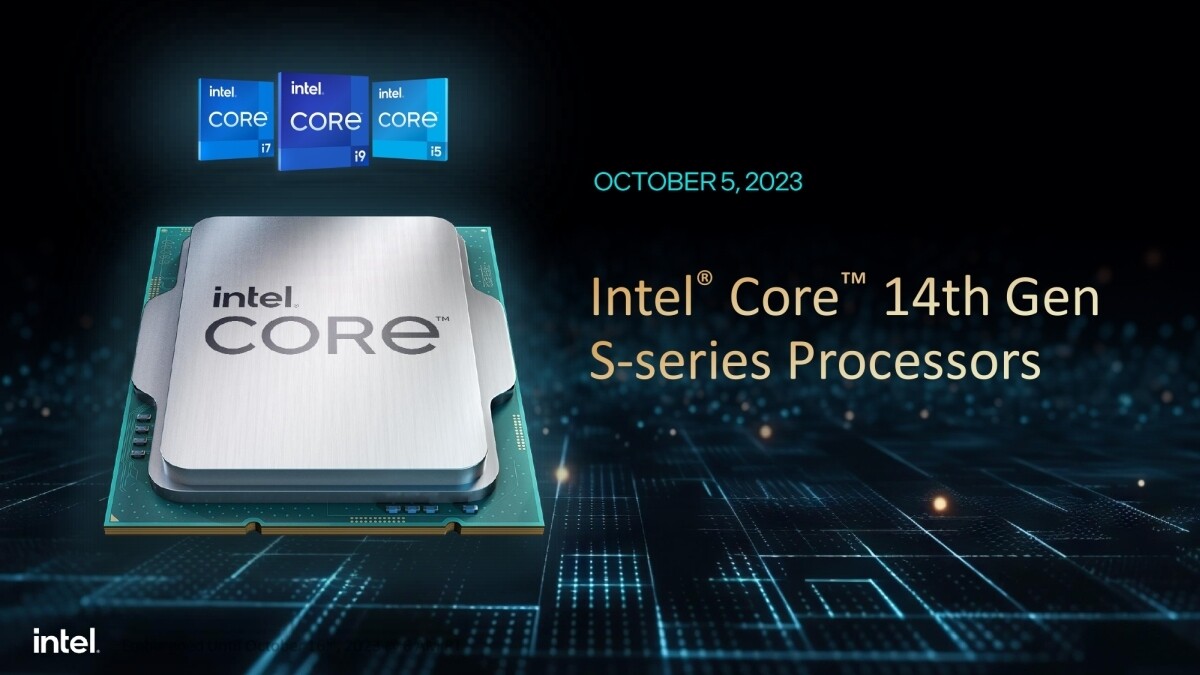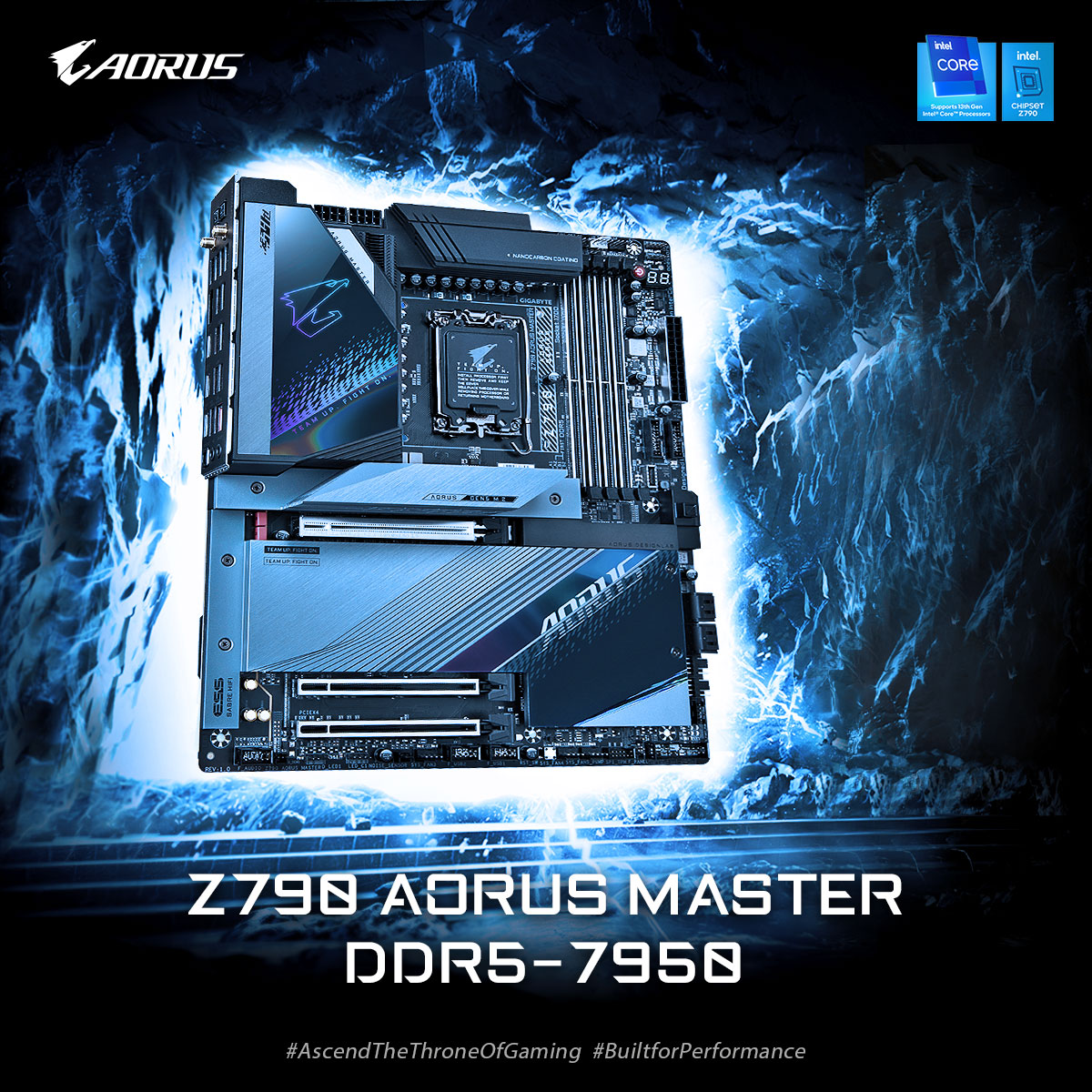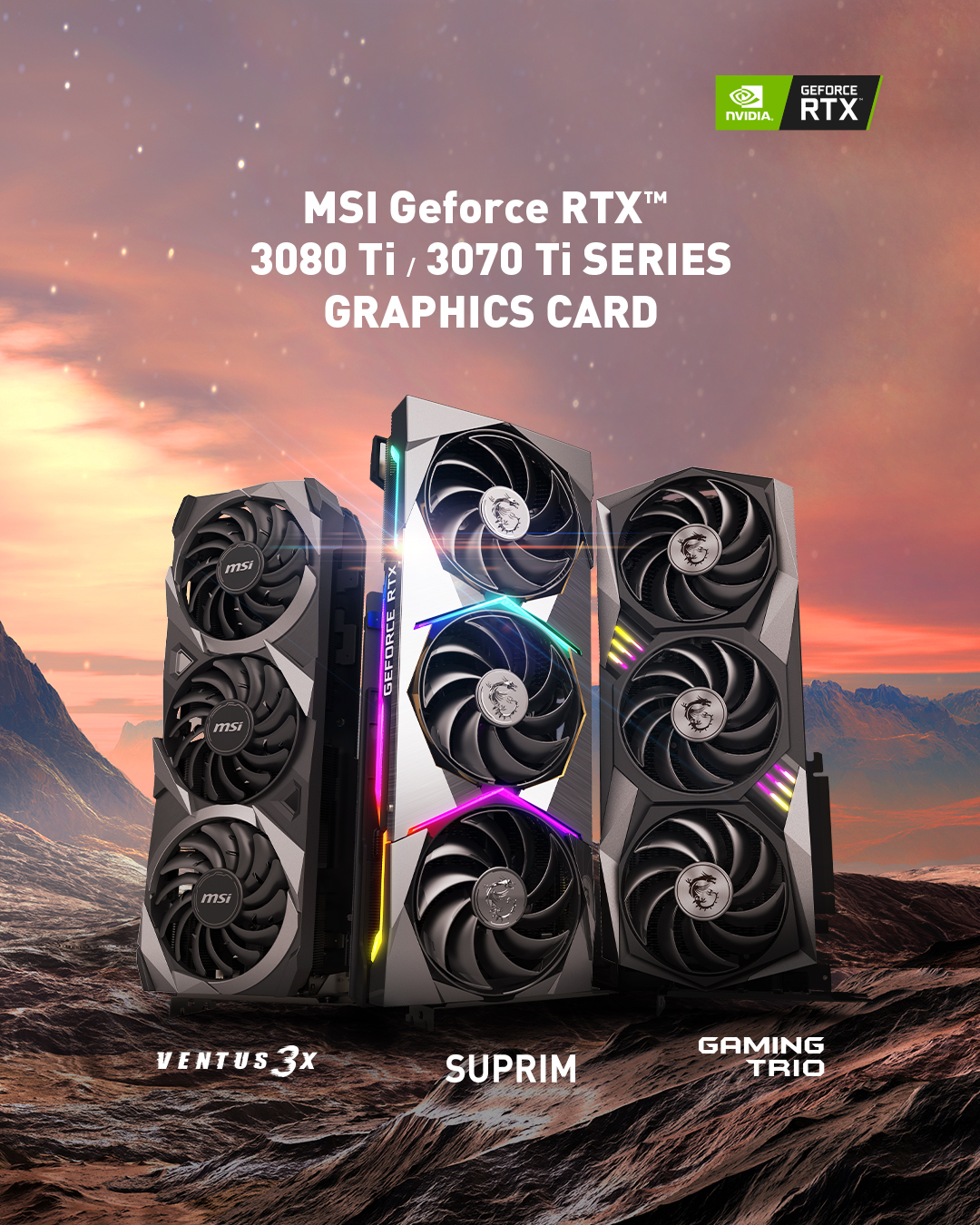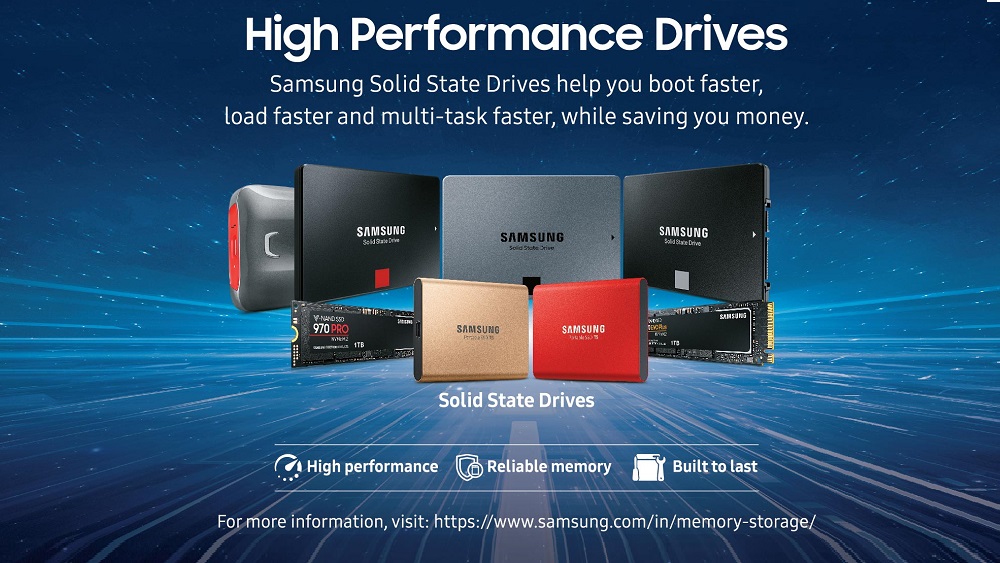Few gadgets are as revered and fascinating in the world of computer peripherals as the mechanical keyboard. Due to its durable structure, adjustable settings, and delightful tactile feedback, the TVS mechanical keyboard has become a standard among professionals, gamers, and enthusiasts alike. But the development of the mechanical keyboard from its simple origins to its sophisticated present is an amazing story of invention, propelled by both necessity and the desire for excellence.
Early History and Innovations of TVS mechanical keyboard
The mechanical keyboard’s origins can be found in the early years of computing, when typewriters dominated written communication. These mechanical wonders imprinted characters on paper using complex systems of springs, levers, and switches. The advancement of typewriter technology led to the creation of the first computer keyboards, which used rubber domes and membrane switches to activate the keys.
The first mechanical keyboards didn’t appear until the later half of the 20th century. The TVS mechanical keyboard, which introduced a groundbreaking switch mechanism that would set the standard for future generations, was one of the pioneers in this industry. The sturdy design and tactile feedback of the TVS mechanical keyboard led to its rapid recognition for dependability and efficiency.
The Growth of MX Cherry Switches
With the release of the Cherry MX switch in the 1980s, a German business by the name of Cherry GmbH made significant advancements in keyboard switch technology. Cherry MX switches recorded key presses using a mechanism of mechanical contacts and springs, as opposed to conventional switches, which depended on rubber domes or membranes. This design improved longevity and dependability, in addition to providing a more enjoyable typing experience.
The mechanical keyboard industry saw a revolution when Cherry MX switches were introduced, and manufacturers hurried to integrate this cutting-edge technology into their goods. As one of the first keyboards to use Cherry MX switches, the TVS mechanical keyboard solidified its standing as a high-end keyboard manufacturer.
Personalization and Creativity
As mechanical keyboards gained traction, there was an increasing need for personalization and innovation. Keyboard enthusiasts started experimenting with various switch types, keycap materials, and layouts to build keyboards that suited their own requirements and tastes. Online groups and forums devoted to mechanical keyboards emerged as a result of this do-it-yourself trend, providing enthusiasts with a place to discuss and share their builds as well as trade advice.
Manufacturers started to respond to this desire by introducing a wide range of customizable features, such as illumination effects, programmed macros, and interchangeable keycaps. With the addition of dedicated macro keys and RGB illumination that can be customized, the TVS mechanical keyboard, for instance, gives customers unprecedented customization options for their typing experience.
Contemporary Progress and Beyond
The market for mechanical keyboards has experienced a boom in invention and development in recent years, fueled by both customer demand and technological developments. With features like wireless connectivity, low-profile switches, and even configurable actuation points, manufacturers have continued to push the frontiers of design and functionality.
At the vanguard of these advancements, the TVS mechanical keyboard has continued to provide cutting-edge dependability and performance. The TVS mechanical keyboard is still the market leader because of its elegant appearance, high-end construction, and cutting-edge functionality.
Conclusion
The mechanical keyboard has undergone a remarkable transformation from its modest origins as a niche product for enthusiasts to its current place as a mainstream standard. What began as a basic typing instrument has evolved into an advanced technological marvel, adored by millions for its robustness, customization possibilities, and tactile feedback.
The mechanical keyboard will undoubtedly continue to develop and adapt in the future to suit the demands of a world that is changing all the time. A timeless classic in the world of computers, the mechanical keyboard will endure thanks to innovations in switch technology, creative design ideas, and new features and functionality. And leading innovation and quality at every turn will be companies like TVS, at the center of this change.








